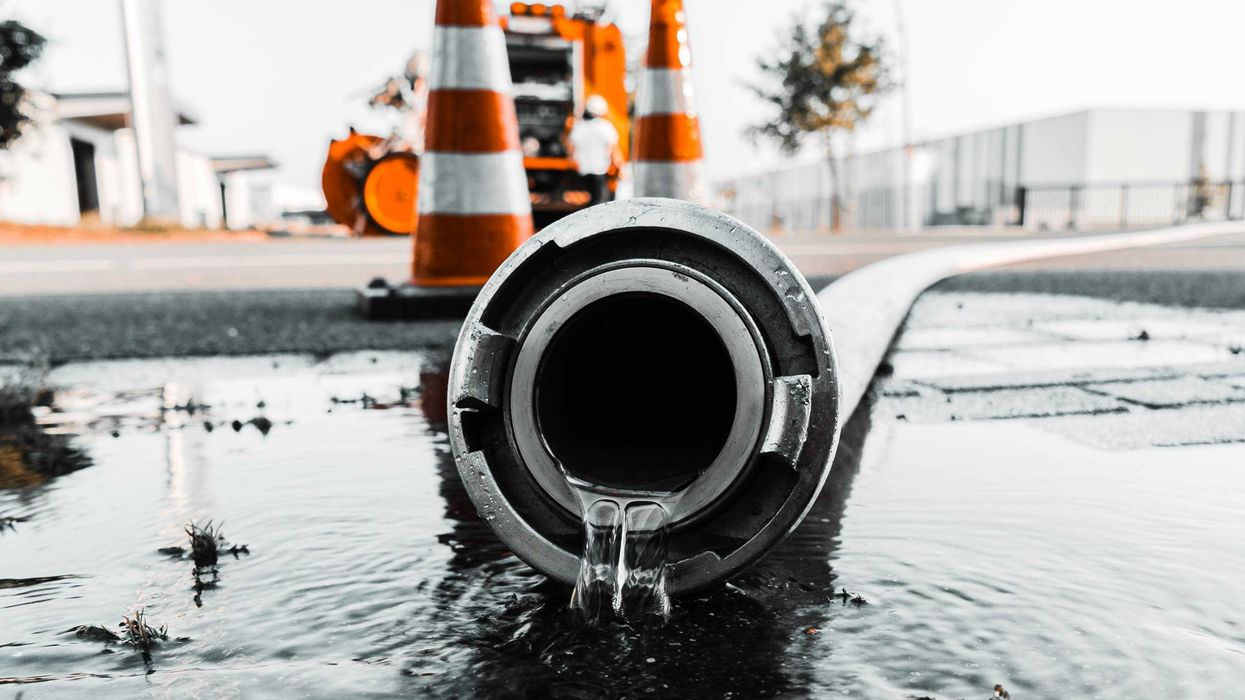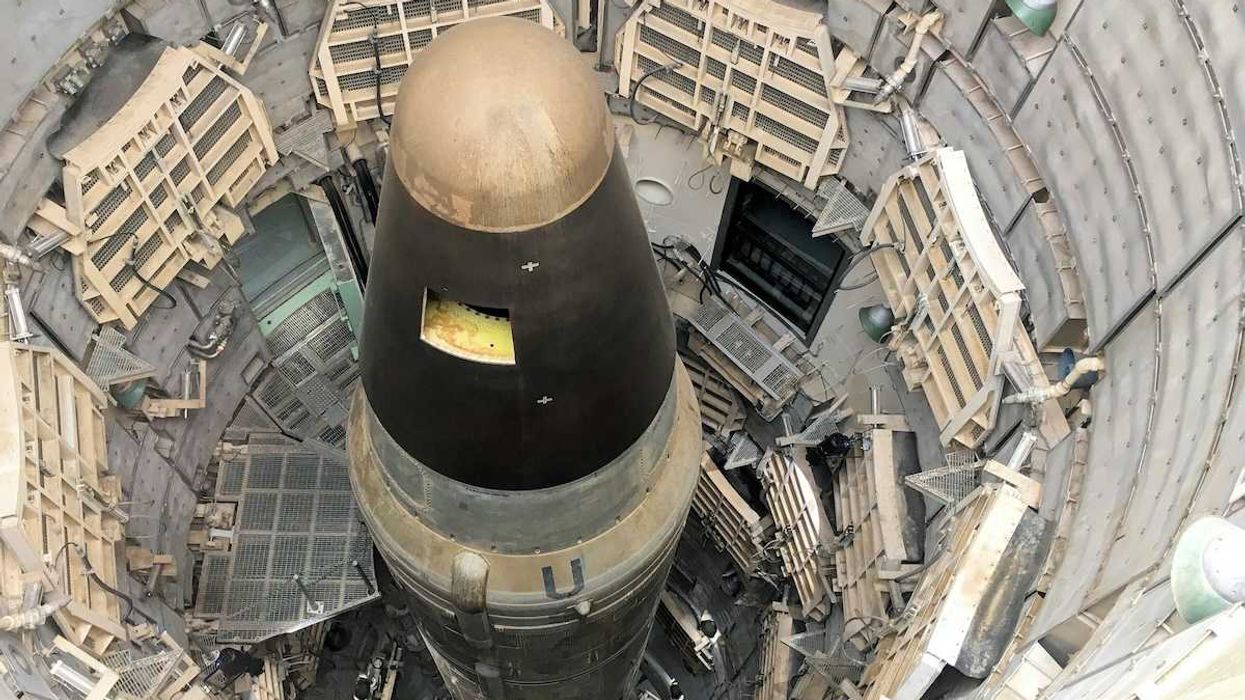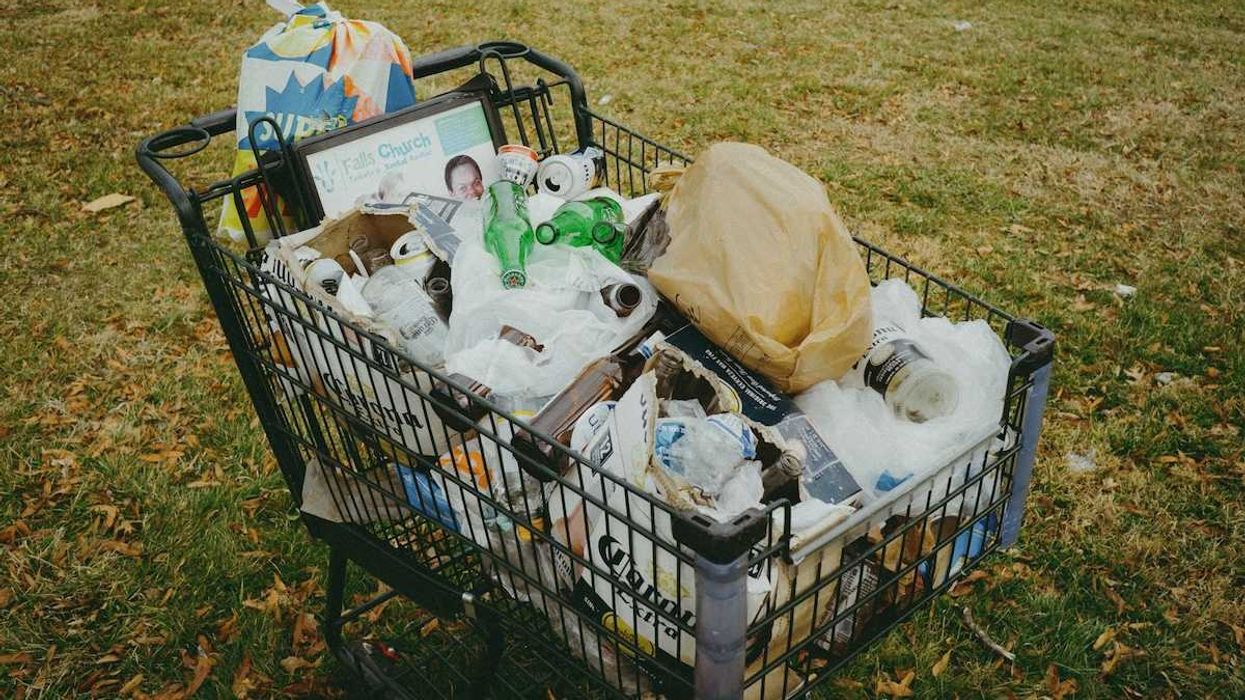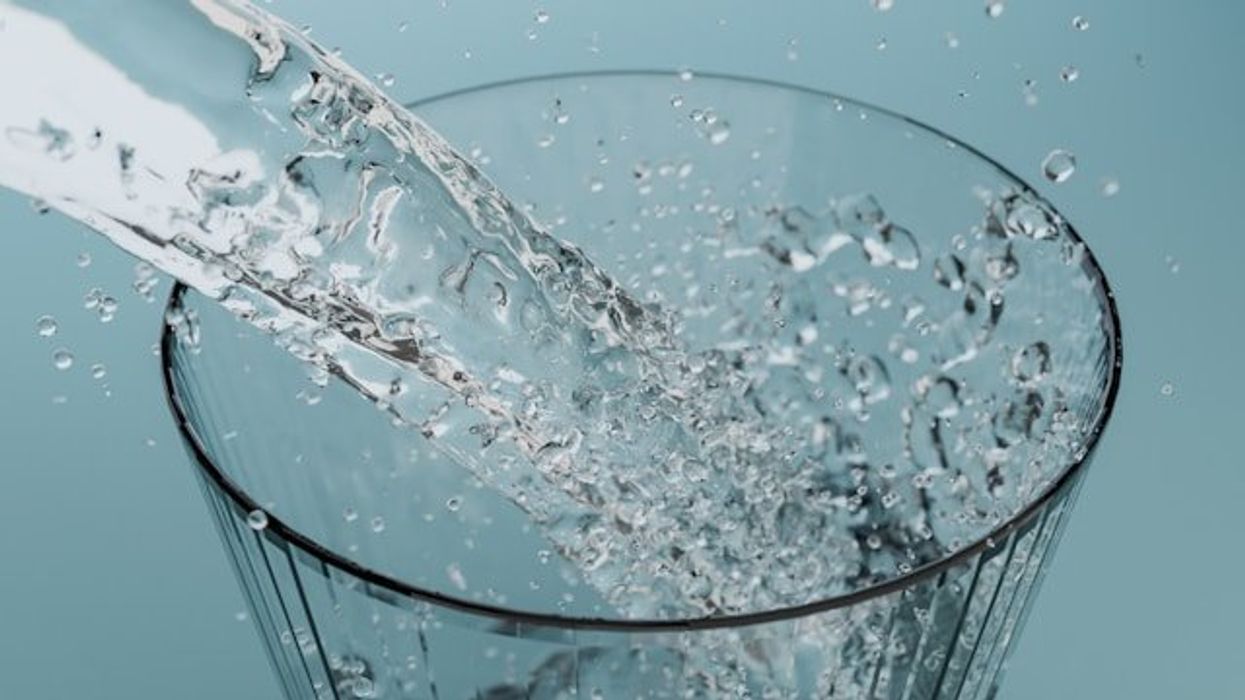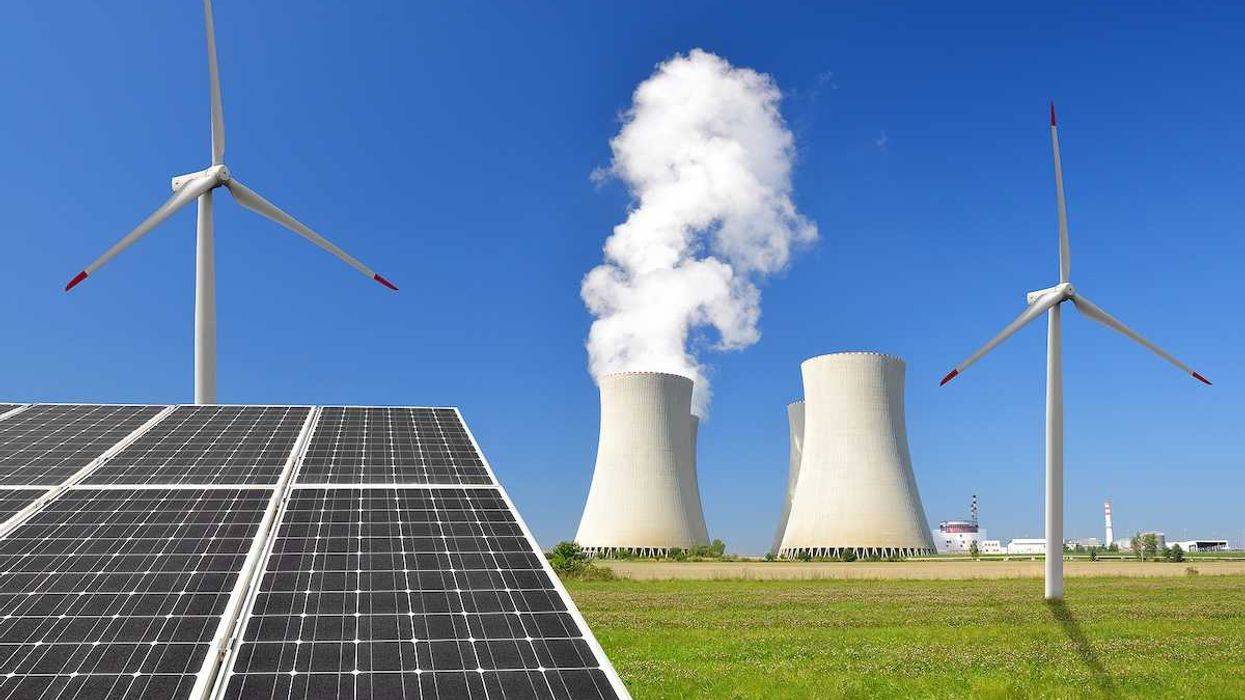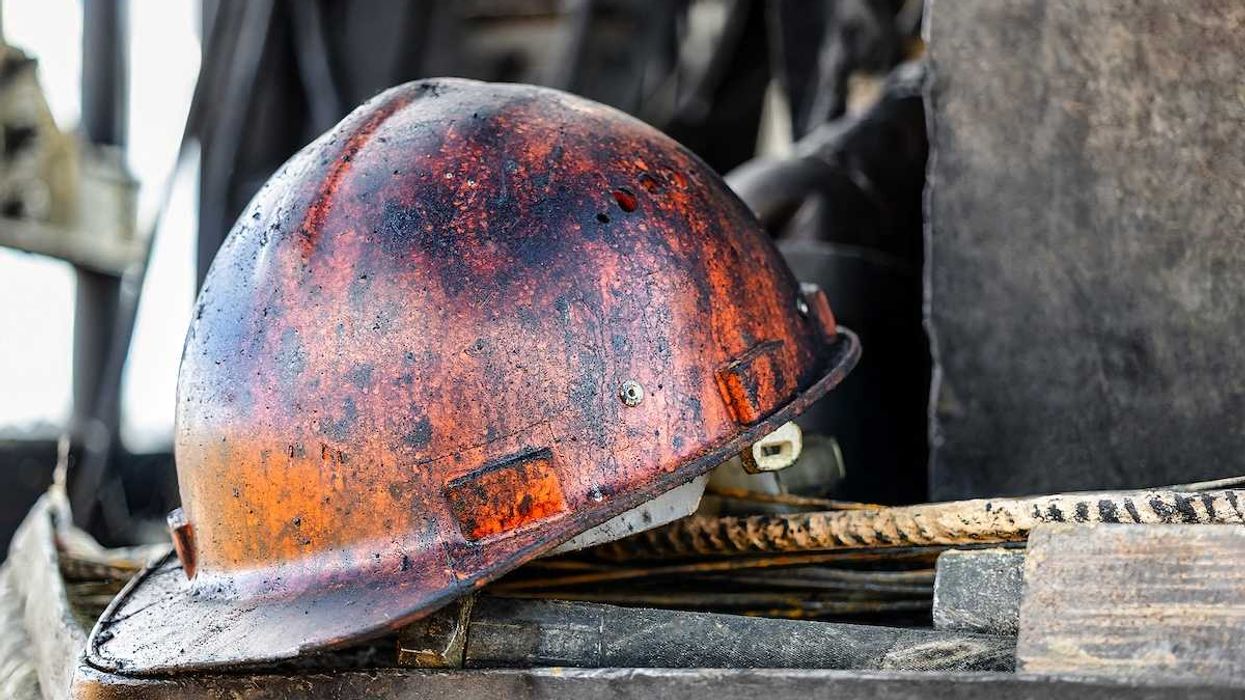Indian authorities have begun incinerating over 300 metric tonnes of toxic waste left at the site of the 1984 Bhopal gas tragedy, amid concerns about water contamination and calls for corporate accountability.
In short:
- A convoy transported 337 metric tonnes of toxic waste from the former Union Carbide plant to a disposal facility in Pithampur, where it will be incinerated within nine months.
- Activists worry that the remaining waste will contaminate local water sources, citing past groundwater testing showing dangerous chemical levels near the site.
- Survivors and activists criticize Dow Chemical, Union Carbide's current owner, for failing to take responsibility for cleanup efforts.
Key quote:
“Why is the polluter Union Carbide and Dow Chemical not being compelled to clean up its toxic waste in Bhopal?”
— Rachna Dhingra, Bhopal-based activist
Why this matters:
The Bhopal disaster remains a stark reminder of industrial negligence and its long-term environmental and human costs. Groundwater contamination poses ongoing health risks, highlighting the need for robust corporate accountability and effective waste management.


